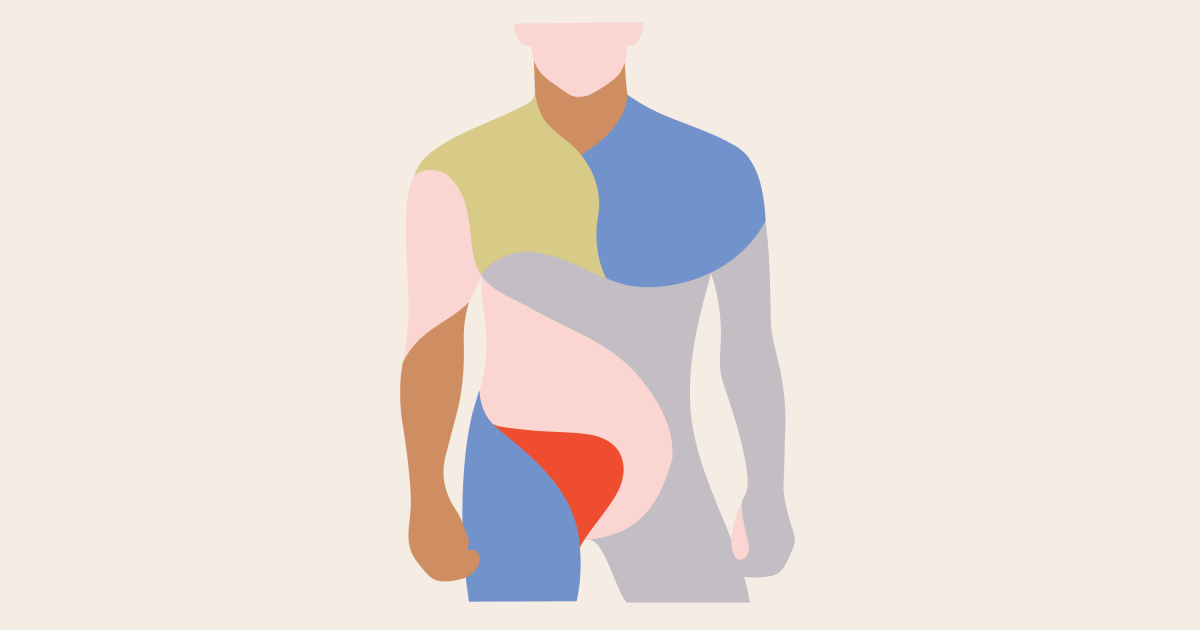PI3k Inhibitors for CLL treatment
- PI3K inhibitors are a class of medication used to treat chronic lymphocytic leukemia (CLL) that has returned after previous treatments.
- Phosphoinositide 3-kinase (PI3K) inhibitors work by blocking a protein on B cells that allows the cells to duplicate and grow.
- Side effects of these medications can be severe and include diarrhea, colitis, infections and lung inflammation.
“When patients relapse, I try to have an optimistic attitude because we have so many effective therapies for this disease now,” Dr. Matthew Davids, clinical research director in the Division of Lymphoma at the Dana Farber Cancer Institute, told SurvivorNet in a previous conversation. “It can be discouraging to have a relapse, but patients should know that because we have so many effective therapeutic options, they should still expect to be able to live for many years with CLL.”
Read More- Your overall health, age and preferences
- Biomarker testing (testing for differences in leukemia cells such as 17p deletion, TP53 mutation, IGHV mutation. Treatment can be targeted based on results of these tests.)
- Your first treatment and its side effects
- Type and duration of response for your first treatment
What Are PI3K Inhibitors?
Phosphoinositide 3-kinase (PI3K) inhibitors work by blocking signals to the B-cell receptor (BCR). The B-cell receptor is a protein on the surface of B cells that tells the cell to stay alive and make more cells. According to the NCCN guidelines, blocking the BCR pathway causes the cells to die. PI3K is a protein on the BCR pathway.
The Food and Drug Administration has approved two PI3K inhibitors for use in treating CLL that has returned.
- Idelalisib (Zydelig) – The FDA approval for CLL is in combination with rituximab (Rituxan). (Rituximab is a type of drug called a monoclonal antibody. It works by targeting a CD20 antigen, a protein found on B cells which, in the case of CLL, are cancerous. This summons your body's immune system to attack and kill the cells.)
- Duvelisib (Copiktra) – This drug is approved to treat CLL that has returned or has not responded to previous treatment. Patients should have received two prior types of therapy.
According to the NCCN guidelines, idelalisib + rituximab and duvelisib are among the recommended second-line treatments for CLL patients with or without 17p deletion and TP53 mutation.
Dr. Julie Voss describes new CLL treatments
What Are The Side Effects?
“Idelalisib is another very effective agent, but it does have some unique side effects that people need to know about,” Dr. Davids says. “These include diarrhea, which can occur early on, and can occur later in patients who have already been on for a few months and can turn into a more serious colitis.”
In a previous conversation with SurvivorNet, Dr. Nicole Lamanna, a hematologist/oncologist at Columbia University Medical Center, said that gastrointestinal issues can lead to hospitalization in older patients.
“In our patients who are older, what we’re worried about is, yes, the diarrhea's annoying, but what we’re worried about is our patients getting dehydrated and getting admitted to the hospital,” Dr. Lamanna says. “So patients who are having 6-8 bowel movements a day every day are usually going to become dehydrated. So we talk to them about taking anti-diarrheal agents. If it doesn't control the diarrhea, do we need to cut the dose down or do we need to stop the drug?”
Another concern is inflammatory colitis (an inflammation of the colon).
“If the diarrhea is very severe, you have to stop the drug and give the patient steroids. Steroids help the inflammation, and will eventually stop their diarrhea. But obviously what we’re trying to prevent them is being admitted to the hospital for dehydration because of uncontrollable diarrhea,” says Dr. Lamanna.
Dr. Davids notes that idelalisib can also irritate the liver, causing elevated liver enzyme tests. It can also cause lung inflammation.
“These side effects are relatively rare, and the drug is effective, so it’s a good therapy option for patients with relapsed disease, but we do need to be mindful of its side effect profile,” he says.
Other potential side effects include:
- Infections
- Skin reactions
- Low white blood cell count (neutropenia)
Questions to Ask Your Doctor
- Is treatment with a PI3K inhibitor right for me?
- What side effects/possible complications should I be aware of?
- How will I know if PI3K inhibitors are working for me?
- Are there currently clinical trials I should consider joining for new targeted therapies?
Learn more about SurvivorNet's rigorous medical review process.

